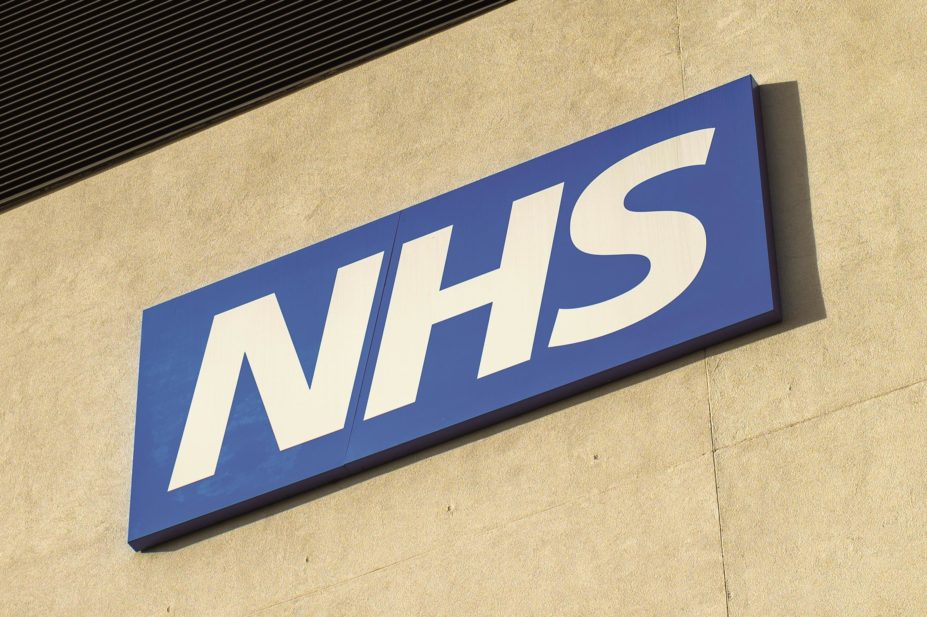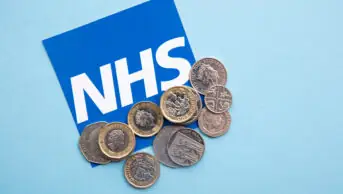
Shutterstock.com
Excessive spending on specialised services fuelled by use of high-cost medicines and medical equipment is threatening the ability of the NHS to fund wider NHS services, MPs on the Public Accounts Committee have warned.
Between 2013–2014 and 2015–2016, the budget for specialised services increased by an annual average of 6.3% compared with 3.5% per year for the NHS as a whole. Spending on specialised services now accounts for 14.0% of the total NHS budget.
Despite budget increases, NHS England has still overspent on specialised services – by £377m in 2013–2014 and by £214m in 2014–2015. In 2014–2015, the cancer drugs fund accounted for £136m of the overspend. In 2015–2016, total spending on high-cost drugs was £3bn and on high-cost medical equipment was £0.5bn.
Jonathan Fielden, NHS England director of specialised commissioning and deputy national Medical Director, says: “While we were for the first time able to balance the specialised commissioning budget in 2015–2016, the Public Accounts Committee is right to draw attention to rising demand and the need to drive quality and value.
“Hopefully their recommendations will be matched by MPs’ support when the NHS squares up to these sometimes controversial decisions, whether on children’s congenital heart services, reshaping the cancer drugs fund, or other similar challenges.”
NHS England took on responsibility for commissioning specialised services – of which there are 146 – in April 2013. These services are generally for patients with rare conditions or who require a specialised team and are only provided in a small number of hospitals.
Pressure on the budget for specialised services is coming from an increasing volume of expensive but often effective high-cost drugs and high-cost medical equipment, the MPs’ report says, and may affect NHS England’s ability to fund other health services. Around two-thirds of new drugs approved by the National Institute for Health and Care Excellence (NICE) are used as part of specialised services.
In its evidence to the committee, NHS England said the different elements of medicines pricing, access and funding arrangement (the voluntary pharmaceutical price regulation scheme (PPRS), NICE technology appraisals and NHS England funding decisions) are not working together “optimally”.
For example, NICE recommends drugs that are to be routinely funded by commissioners but does not always consider affordability when approving these drugs.
The committee’s report says that to remain within its budget for specialised commissioning, NHS England will need to make tough decisions, including ensuring new drugs and medical equipment are affordable, ensuring services are delivered cost-effectively, and better managing the level of demand for the specialised services it commissions.
The report says that it is disappointing that, after three years, NHS England still does not have consistent information from all providers on costs, access to services and outcomes, or how efficiently services are being delivered. Without this information it cannot manage the ongoing pressure on its budget or gain assurance that its objectives for these services are being met.
It says that by April 2017 NHS England should be using improved data “to link spend, by service provided, to service quality, patient outcomes and patient experience” so that different providers can be compared and value for money improved.
“NHS England has not clarified how specialised commissioning sits within the ‘Five year forward view’ for the NHS or how specialised services will contribute to the £22bn efficiency challenge faced by the NHS over the next five years,” the document adds, and calls for it to do so by October 2016.
The report also says NHS England must ensure that a consistent process is put in place to ensure its decision-making is transparent and equitable.
“Lack of transparency has undermined NHS England’s credibility among patients and other stakeholders and led to legal challenges to some of its decisions,” the report says.

Source: ABPI
Paul Catchpole, director of value and access at the Association of the British Pharmaceutical Industry, says it is vital that NHS England embraces continued calls for greater transparency and clarity of process
Paul Catchpole, director of value and access at the Association of the British Pharmaceutical Industry, says: “We support the committee’s calls for better planning and integration of specialised services within the NHS ‘Five year forward view’. This should include ensuring that best use is made of the PPRS to ensure that it fulfils its aim of improving patient access to innovative medicines.
“As the report highlights, NHS England has overhauled its governance and decision-making processes twice in the past two years, leading to confusion, frustration and delays in patient access to specialised medicines. It is vital that NHS England urgently embraces these continued calls for greater transparency and clarity of process, starting by urgently clarifying the decision-making process for 2016–2017.”
Nick Meade, director of policy at Genetic Alliance UK, a member of the coalition of charities belonging to Rare Disease UK, says he is pleased to see transparency of decision-making seen as an urgent problem. “We hope this report will give NHS England further incentive to address this long-standing problem,” he adds.


